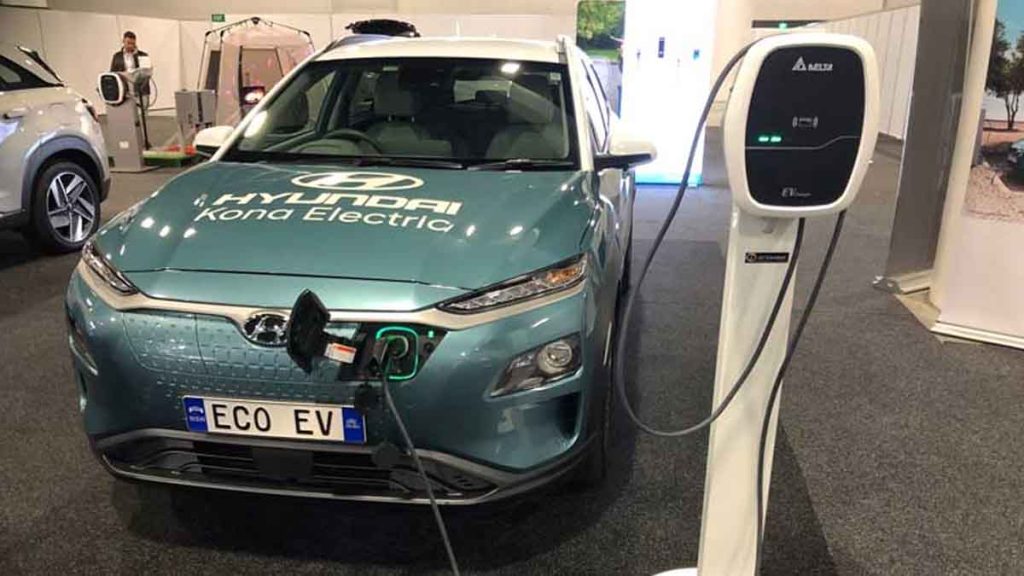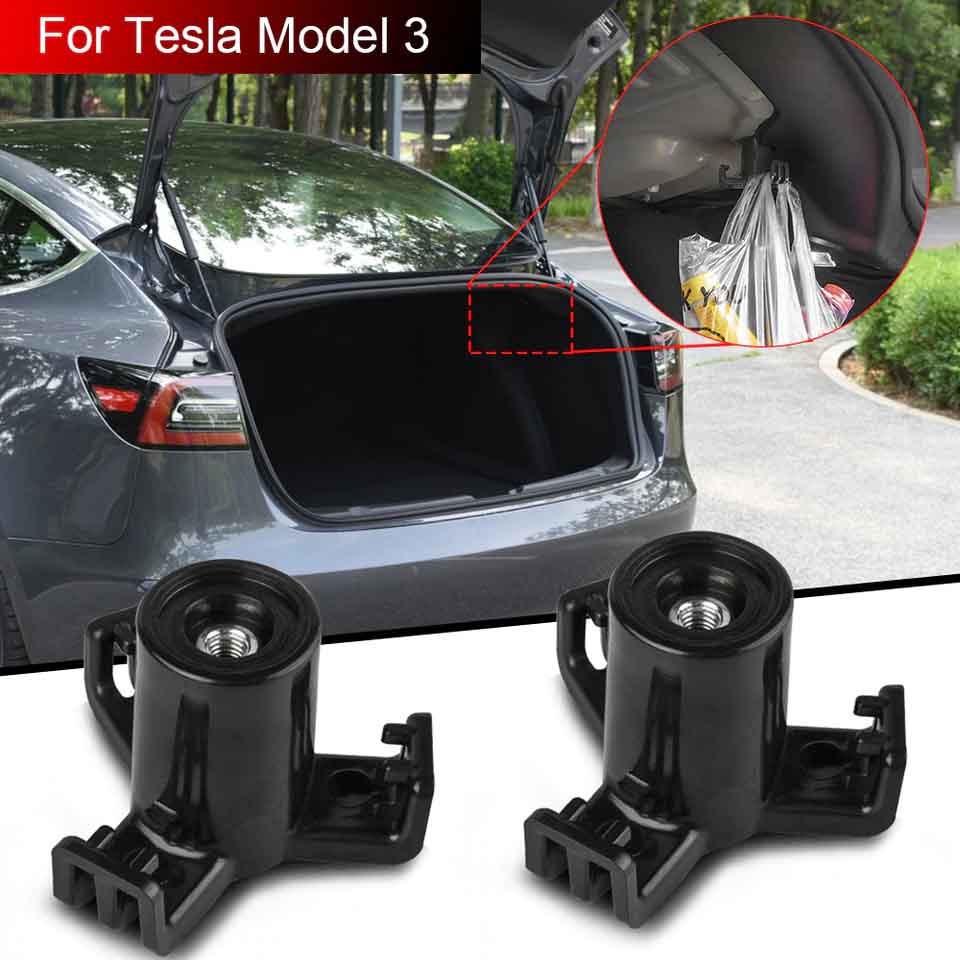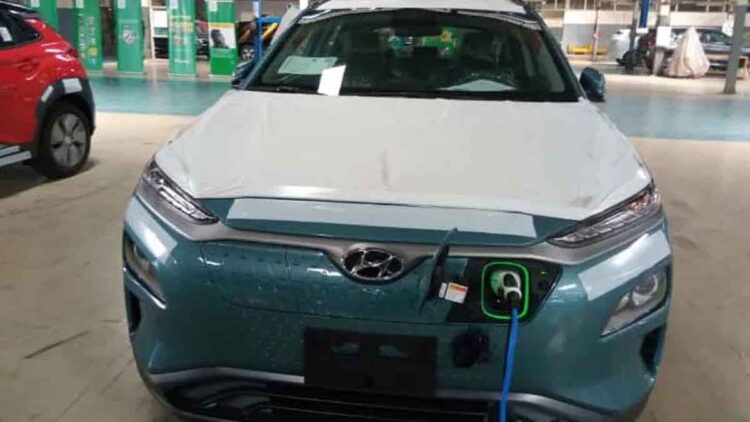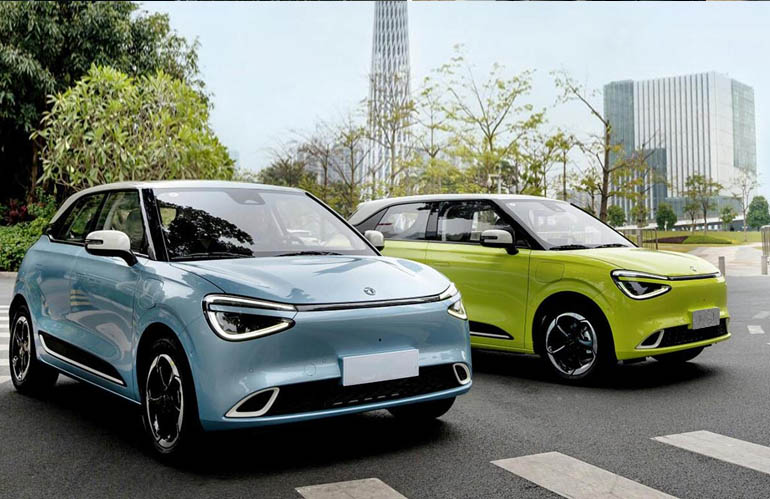Electric cars are starkly different from the regular gasoline-powered vehicles we find mostly on Nigerian roads. The major difference is about what powers both vehicles. Simply, electric cars are powered by electric motors using the energy stored in rechargeable batteries installed in the car while Gasoline-powered vehicles, well just as the name implies, are powered by gasoline or gas. In fact, there is another creative set of cars that can run on both gasoline and electricity; these ones are called plug-in hybrids.
Table of Contents
In today’s article on http://carmart.ng, we want to answer the question on what it would really cost to run and own an electric car in a country like Nigeria.
Nigeria is quite a peculiar country. Obviously, if you are a Nigerian, you must be familiar with the inconsistencies with power supply, most areas in Nigeria cannot even boast of having an interrupted power supply of about 6 hours, not to speak of 24hours. However, to enjoy your electric car, whatever type you own whether it’s a Tesla Model S, Honda Clarity, Hyundai Kona, etc; you must have access to electricity to charge. Here is the breakdown comparing the cost of charging your EV car to purchasing gasoline for your gasoline-powered vehicle; Don’t forget to check Cheapest Electric Cars To Buy In Nigeria
Cost Of Charging Your Electric Vehicle

Just like you have fuel or filling stations in Nigeria where you can easily go to refill the fuel tank of your car, there are also charging stations for you to charge your EV when you are out of power. Other countries like the United States, China, Japan, etc have charging stations, but Nigeria as of now does not have any charging stations. This makes it a bit hard to easily recharge your car battery when you are on a journey, you might just be stranded on the road.
Have 1 million naira and above to Buy or Sell Cars In Nigeria?Check carlots.ng RIght Now RIght Now
However, aside from the public charging stations, there are also home charging options that you can easily take advantage of if you own or plan to own an electric vehicle. You will find out that it’s more cost-effective as regards electricity cost to run an electric vehicle.
The cost of fuel in Nigeria has always been fluctuating; however, the average cost we would use in this article is considering the present price of fuel in Lagos is 175NGN per litre. Depending on your type of car, most cars require between 45 and 65 litres of fuel for a full tank, which can travel about 400miles.
Cost Analysis On Gasoline-Powered Vehicles
Now, let’s say your full tank capacity is 55 litres, 55 litres of petrol would cost 9,625NGN (i.e 55 multiplied by 175NGN). Depending on the range of distance you travel daily, you might be spending twice or more of this amount monthly. Now, if you stay in Lagos or Abuja Port Harcourt, or any area with dense traffic, you just might be spending more of this amount on fuel.
Cost Analysis On Electricity-Powered Vehicles
Now, let’s consider the cost of electricity in powering your EV. If you are a current Nigerian, you will be aware that just last year there was about a 100% increase in electricity tariff. According to the Nigerian Electricity Regulatory Commission (NERC), the new tariff for one kilowatt per hour (KWH) will be according to the duration of time you have a power supply. For Ikeja Distribution Company, for instance, the tariff for a power supply of about 12 hours is 42.73Kwh.
This means if you drive an average car, it will use about 240 volts – which is just about 19 kilowatts per hour. So, 19 kilowatts multiplied by 42.73 gives approximately 812NGN. Most electric cars can achieve a full charge on an average of 6 hours; this implies the total cost to charge for 6 hours will be; 1185 multiplied by 6 gives approximately 4872NGN.
The miles range for every electric vehicle differs depending on the kind; however, notwithstanding the cost of running an electric car definitely beats that of gasoline. You will definitely save more from running an electric car than having a gasoline-powered vehicle.
Cost Of Maintenance of Electric Vehicle
The technical know-how and expertise needed to maintain an electric car are not readily available in Nigeria. You might need to spend more on repairing your electric car if it develops a fault.
Electric Vehicle Spare Parts Cost

The spare parts for regular gasoline-powered vehicles are readily available within Nigeria, but not so with an electric vehicle. The exchange rate of the dollar to naira is quite high, which makes getting spare parts expensive. In addition to the cost of the spare parts itself, the shipping fee and clearing fee from Immigration will also add to the cost.
Updating Software
Electric cars are purely technological cars; this cannot be hidden with the diverse inch size touch screen present on the dashboard of the vehicle. This touch-screen works with installed software, that needs updating from time to time. In addition to this, other parts of an electric vehicle work with software that also needs updates at intervals.
But, the challenge with this is that updating the software might not be so easy in Nigeria, and if you do it outside Nigeria, it’s definitely going to be expensive.
Now that you are aware of the cost of running an electric car, you will observe that it has both its pros and cons. Either way; electric cars are the new generation of automobiles, a few years from now, there will be more electric cars in Nigeria.
Have 1 million naira and above to Buy or Sell Cars In Nigeria? Check carlots.ng
All rights reserved. Reproduction, publication, broadcasting, rewriting, or redistribution of this material and other digital content on carmart.ng is strictly prohibited without prior express written permission from Carmart Nigeria - Contact: [email protected]







This write-up is fraught with so many errors. Please correct the errors and update the article. Simple ones are current fuel costs per litre and current electricity tariff. Cheers.